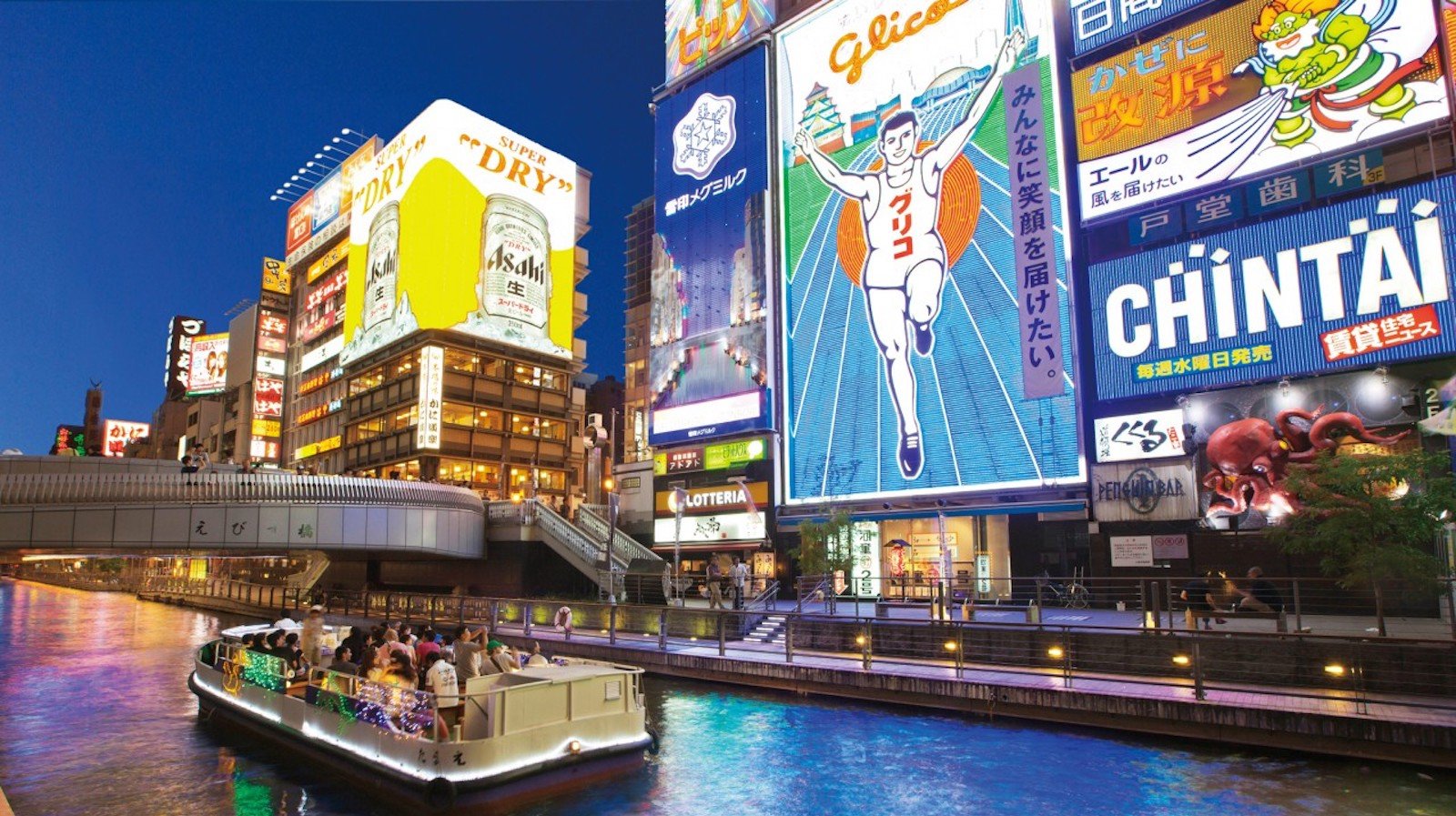Posted on: May 27, 2022, 05:35h.
Last updated on: May 27, 2022, 10:27h.
Osaka’s determination to host an integrated resort (IR) is apparently unwavering. Attempts to block the effort already met defeat, but a citizen’s group is going to try once again to force a referendum on the issue.

Yesterday, a private citizen group announced that it had received more signatures than required to request a formal referendum against Osaka’s IR bid. Two months of collecting signatures by citizens paid off. The petition, if it finds its objective, would block Yumeshima Island from being developed as an IR.
Osaka’s public ordinance requires that a call for a referendum can only be requested if a measure receives signatures of at least 2% of the voting population. This, according to public records, means the group needed at least 146,000 signatures in support. However, it claims it received 157,000.
Referendum Not Likely
The group has to present the signatures to Osaka’s Election Administration Committee. If the data is validated, the group has the legal right to demand a referendum from Osaka’s governor, Hirofumi Yoshimura.
The next step would be for Yoshimura to call a prefectural meeting and submit the ordinance. However, history has already proven that the measure isn’t likely to get very far. The Osaka Council already rejected one referendum attempt, and isn’t likely to change course now.
Because both parties support the IR bid, any such ordinance won’t likely survive in the Komeito and Ishin party-heavy assemblies. In addition, Osaka already submitted its IR proposal to the national government, along with Nagasaki, and isn’t going to back down.
Representatives of the citizen groups believe that there is a disconnect between the opinions of the Osaka Council and those of the people. They accuse government officials of ignoring those voices, and feel that they can stand in the way of the IR through the petition.
Yokohama previously saw opposition to its IR plans as well. A referendum initiative to block the project arose in January of last year, despite overwhelming political support for the IR at the time.
The city, like the Osaka prefecture, also rejected the referendum. However, it eventually exited the IR race after Takeharu Yamanaka, an IR opponent, became the mayor of Yokohama last September.
Wakayama also had to go through a similar ordeal. A referendum there lost momentum after the city council determined that it didn’t have the requisite number of signatures. However, Wakayama later dropped out, leaving only Osaka and Nagasaki as contenders to become IR hosts.
Environmental, Economic Concerns in Osaka
Yokohama and Wakayama gave up due to different reasons – lack of support or transparency. Osaka is confident it can continue but has to face accusations that the project is environmentally unsound.
Residents are concerned that Osaka’s plans to build an IR on a man-made island off Osaka Bay aren’t viable. They have asserted that residents will be responsible for a large financial burden for a project that only benefits specific businesses.
Yumeshima is the planned location for the IR. The artificial island faces the danger of soil liquefaction. The companies that will run the project, MGM Resorts International, Orix, and others, felt that the Osaka municipal government, the owner of the land, should correct the issues. That led the local administration to agree to pay all costs associated with soil liquefaction or contamination at the close of the last year.
However, critics point out that the city’s decision means taxpayers will bear the JPY79-billion (US$621.57 million) cost of fixing the problem. Yoshimura and Osaka Mayor Ichiro Moshii have been working together to promote the project. They have rejected the assertion that they will use public funds for the resort complex.
The mayor claims that the project won’t need to use taxpayer money. Instead, costs will come from a special account that revenues from the landfill fund. He also stated that no public funds will support the construction of the IR facilities. For now, opponents aren’t swayed.
